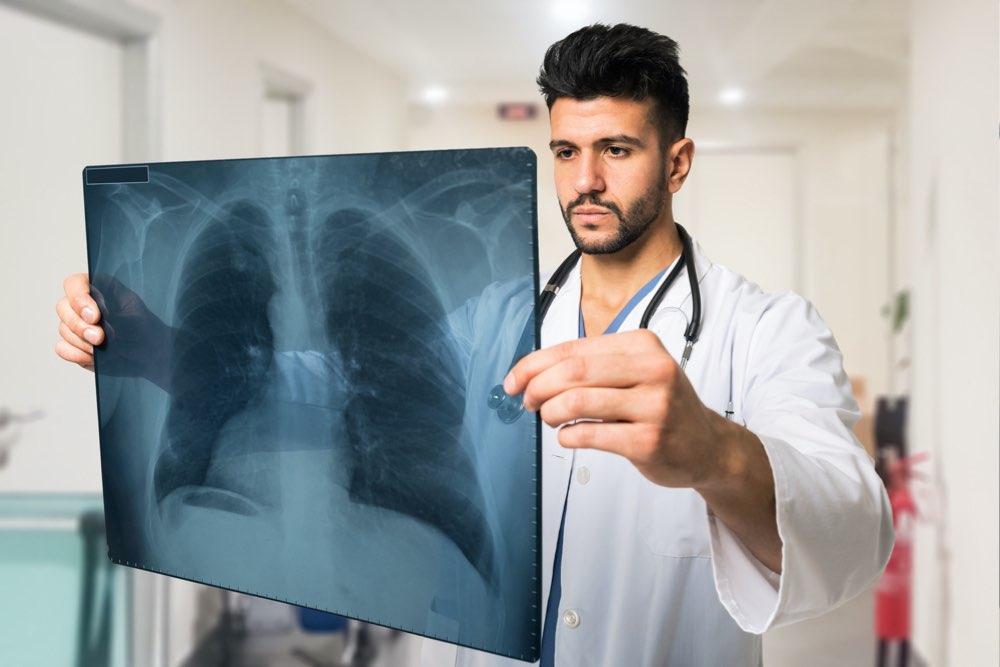Comprehensive Overview of Renal Cell Carcinoma Treatment Options
This article provides a detailed overview of renal cell carcinoma (RCC) and outlines the main treatment options including surgery, radiation, chemotherapy, immunotherapy, and targeted therapies. It emphasizes the importance of early diagnosis, personalized treatment plans, and supportive care. Patients are encouraged to explore clinical trials under professional guidance, ensuring a comprehensive approach to managing RCC. The content aims to inform readers about the latest advances and considerations in kidney cancer treatment, helping them make informed healthcare decisions.

Comprehensive Overview of Renal Cell Carcinoma Treatment Options
Renal cell carcinoma (RCC) is a prevalent kidney cancer affecting many adults. Also known as renal adenocarcinoma, hypernephroma, or simply kidney cancer, it develops from abnormal cells lining the renal tubules that filter blood and produce urine. Risk factors include smoking, obesity, hepatitis C, overuse of painkillers, exposure to toxic chemicals, inherited conditions, and acquired cystic kidney disease. Early stages often show no symptoms, but as it advances, signs like blood in urine, abdominal lumps, fatigue, weight loss, and pain may appear. Women might experience increased hair growth. RCC can grow rapidly and metastasize to lungs and other tissues.
Diagnosing RCC involves physical exams, medical history, and tests such as blood counts, CT scans, ultrasounds, urine analysis, and biopsies. Additional scans like chest X-rays, PET, and bone scans determine cancer spread and stage (1-4). Treatment plans depend on the stage and include:
Surgical procedures: Partial or complete nephrectomy for early or advanced stages, with radical nephrectomy involving removal of nearby tissues, adrenal glands, and lymph nodes. In severe cases, dialysis or transplant may be necessary if both kidneys fail.
Radiation therapy: Uses high-energy X-rays to target and destroy cancer cells, administered externally or internally.
Chemotherapy: Employs drugs to kill cancer cells, but RCC generally responds poorly; some patients may benefit.
Immunotherapy: Boosts immune response to fight cancer, though responses vary and side effects can be significant.
Targeted therapy: Focuses on specific molecules like VEGF to inhibit tumor growth, often prolonging survival in advanced cases. Ongoing research develops new targeted drugs for better outcomes.
Patients can consider participating in clinical trials for innovative treatments, but should consult healthcare providers about potential risks. Managing RCC treatment involves physical and emotional care—a balanced diet, exercise, and emotional support are vital. Support groups can offer comfort and shared experiences. Ultimately, personalized treatment strategies improve prognosis and quality of life for RCC patients.Disclaimer: Our articles aim to provide helpful and research-based information across various health topics. They are not substitutes for medical advice. Always consult healthcare professionals for diagnosis and treatment options. Outcomes and treatments vary based on individual cases, and the site may not cover all available schemes or advances.










